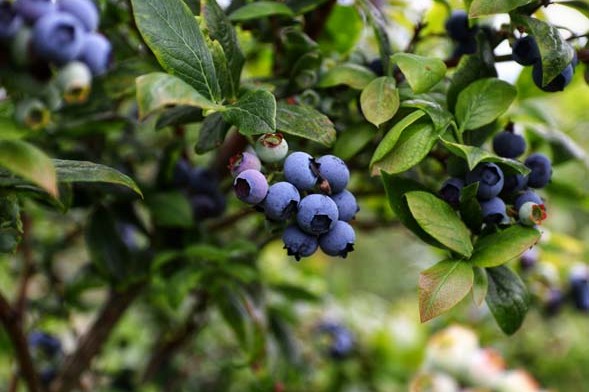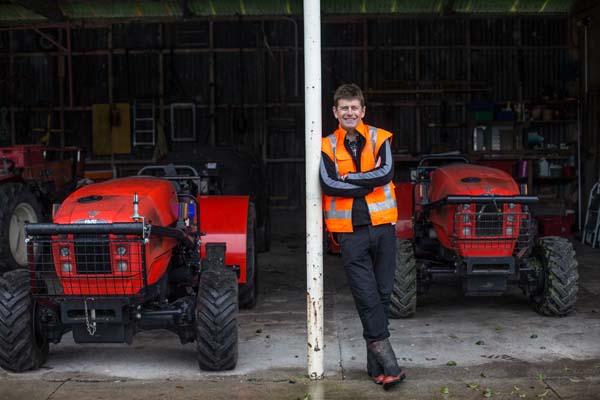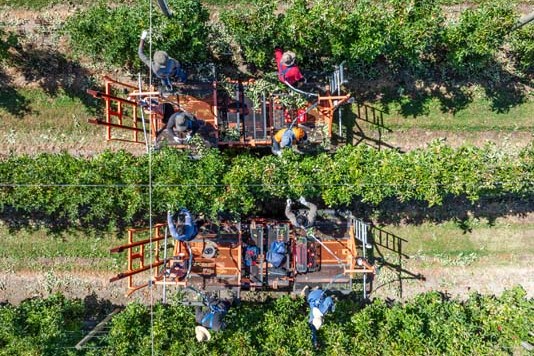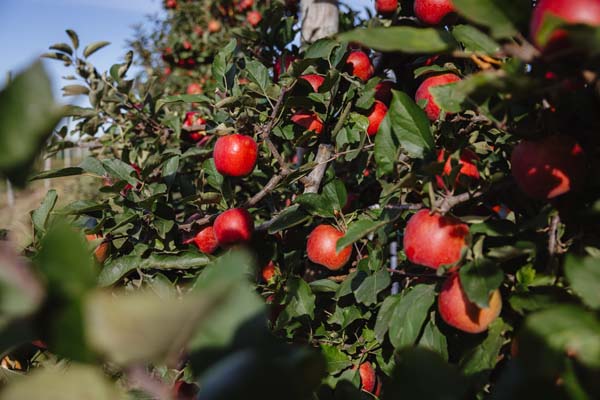Trees for the future
A Rai Valley farmer’s tree plantings aren’t just for short-term harvest, but for the distant future. By Anne Hardie

 Brent Morrison reckons every farmer should plant at least 1% of their farm in trees to reap the benefits down the track and even if the farm is sold, the growing trees will add value.
Brent Morrison reckons every farmer should plant at least 1% of their farm in trees to reap the benefits down the track and even if the farm is sold, the growing trees will add value.
The Morrison family milk 400 cows on a 160-hectare milking platform in the Rai Valley between Nelson and Blenheim and the surrounding hills are covered with a diverse mix of trees for harvesting over the next few hundred years, with a 12ha plot grown purely for their aesthetic appeal.
His grandfather began milking cows on the farm in 1924 and then his father began planting pine trees in the 1960s. When Brent took up the reins, he replaced sheep on the hills with more trees and has been planting ever since for financial, shelter, biodiversity and aesthetic reasons. Over the years he has experimented with numerous species and today the mix on the hillsides includes Douglas fir, 30ha of lusitanica, acacia melanoxylon (Tasmanian Blackwood) and of course pinus radiata. Forestry covers 150ha on different blocks including a 40ha block of existing pine plantation he bought a few years ago and another 30ha in pines that he has leased.
While the pines are relatively short-term crops – with blocks harvested over the years by the family – Brent has planted trees commercially that won’t be harvested for several generations. Redwoods, even a handful of deodar cedars and totara have been planted and managed for harvest for future generations which may be 200 to 300 years down the track. Added to the commercial forestry plots, he has planted 12ha with a mix of redwoods, Douglas fir, larch, liquid amber and oaks simply for aesthetics and beneath them he has planted 100 rhododendrons that will flower about the time when it can be quite wet on the farm.
“When it rains, I thought it would be quite nice to put a smile on your face,” he says.
“It’s all very well doing the beautification, but the bottom line is pine forest is hard to beat commercially. It all adds diversification to the farm and provides another income stream.”
The family harvested 11ha of pines earlier this year and he says it took a year of planning to have everything ready for harvest when the price was right. As it happened, the price dropped in January and February and they held off harvesting until it rose again in March and April.
Working closely with contractors who predicted it would rise again gave them the opportunity to target harvest for that rise. They averaged $110 to $120 per tonne and prices are now down to about $80/t. Brent says anything over $100/t is a pretty good return for his blocks. Rai Valley is between two ports and mills which gives them options for their wood. “Rai Valley is a great place to be because we have distinctly different markets in Nelson and Blenheim.”
A two-metre rainfall provides an ideal environment for growing trees which is another reason to add them into the farm business, whether it is pine trees or alternative species. When farmers plant trees on their less-productive areas, he says it won’t have a big effect on milk production and will add an asset with big benefits down the track.
“In Nelson-Marlborough I don’t know why any farm doesn’t have one hectare or 10ha of hill or gully in forestry. I think a lot of people can’t see 25 years ahead and fence off that hill or gully. They’re not going to lose many cattle and in 25 years time they will get a golden handshake.
“Why not take a gamble and put 1% of the farm into redwoods that will be worth twice as much as pine trees,” he says. “If you sell the farm after 10 to 20 years, you have an asset with a value on it. Don’t procrastinate.” Planting is the busiest time for a block of forestry and silviculture gangs take care of tree management over the years. One of Brent’s sons is also involved in management of the forests and works alongside contractors. The farm already earns carbon credits and Brent says they are considering putting more land into carbon credits. However, he has mixed feelings about the carbon credit industry which he says is politically driven to change land use and yet the Government does not recognise what is already planted.
“We’re carbon neutral here but aren’t recognised for it.”
Brent has also been busy planting natives around the farm and has just taken up an offer from the Te Hoiere/Pelorous Catchment Restoration Project to plant 3000 trees on a runoff in the Marlborough Sounds.





